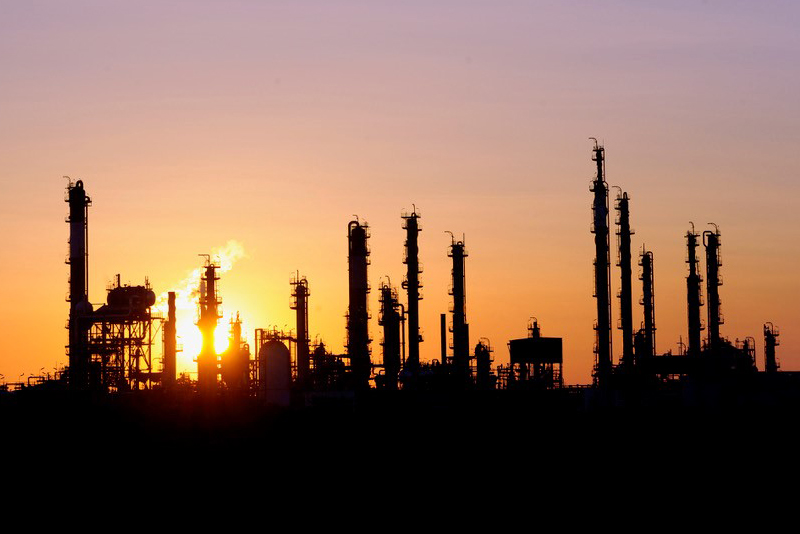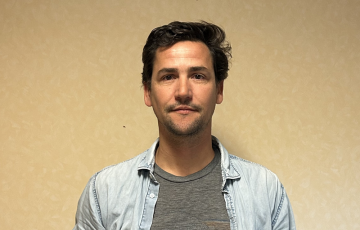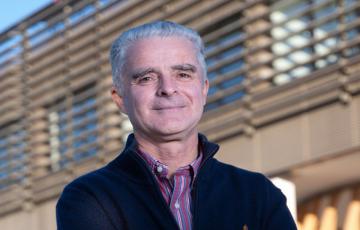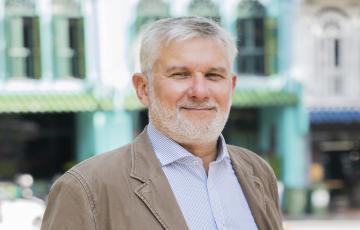New R&D avenues in Fos to recover industrial emissions

Vasco and Carbon4Pur, two scientific programs to reduce the impact of industries on the environment.
To capture the emissions from the imposing chimney columns of industries in Fos in order to reduce atmospheric pollution, or even to use the emissions by transforming them into biofuels or bioplastics, or by extracting valuable molecules from them… This is the mission undertaken by the trans-regional Vasco program and the European Carbon4PUR program. When the Fos Industrial Port Zone becomes an open-air R&D laboratory, Marseille-Fos Port and the Aix-Marseille-Provence Metropolis support industrial players in their energy transition efforts…
Much is changing in the Fos Industrial Port Zone, with scientific experiments that could eventually help to reduce the impact of industries on the environment.
For ten years now, Marseille-Fos Port has been collaborating with 12 partners on the Vasco 2 applied research program, which focuses on using microalgae to capture industrial fumes and transform them into biocrude. “Marseille-Fos, the third most important port in the world for hydrocarbons, wanted to move into biofuels and green chemistry. We decided to employ the bioremediation technique using microalgae in four tanks at Arcelor-Mittal Fos-sur-Mer, Solamat-Merex, Kem One, and Palavas on the Ifremer research platform. The harvested and centrifuged algae are processed by Liten in Grenoble, to make biofuel by hydrothermal liquefaction,” explains Michaël Parra, coordinator for the Vasco 2 project, attached to the state recovery and sustainable development department of Marseille-Fos Port.
Vasco 3 production launch in 2023/2024
After three and a half years of work and an investment of €2 million (half funded by Ademe, the French Environment and Energy Management Agency), Vasco 2 is coming to an end, and offers valuable lessons for those involved. “We chose non-drinkable filtered fresh water over sea water. We capture CO2, NOX and particles. With Vasco 3, we want to move to a real-size demonstrator, by operating 3000m² lagoons with water and air monitoring equipment,” adds Michaël Parra, who hopes to finalize the project in 2019, so that production can begin in 2023/2024. There are new industrial prospects to be explored, for example the manufacture of bioplastics, which is one of the development focuses in the April 2018 Provence Industry’Nov call for expressions of interest, in favor of applied industrial ecology, the energy transition and energy efficiency, biofuels and bio-industry.
On the 10,000 ha Fos industrial port zone, another research program, Carbon4PUR, is working on the recovery of industrial effluents. Involving 14 international partners under the H2020 European project, this program focuses on the recycling of ArcelorMittal’s CO2/CO emissions. Covestro transforms the steel company’s CO2 into intermediate components used in the production of polyurethane plastics, polymers with various uses (epoxy resins, thermal insulation, etc.). “We must see waste as a resource. A trans-sectoral approach, like that pursued by the Carbon4PUR consortium, is the way to achieve this objective (…)”, states Markus Steilmann, CEO of Covestro. This three-year project, which began in October 2017, has a budget of over €7 million. It was the subject of a detailed presentation at the Fos Port Center on March 20, 2019.
(*) Also involved in the consortium are Recticel N.V, Megara Resins – Fanis Anastassios S.A, Ghent University, Leiden University, DECHEMA Gesellschaft für Chemische Technik und Biotechnologie, the Technical University of Berlin, the French Alternative Energies and Atomic Energy Commission, South Pole Carbon Asset Management Ltd, RWTH Aachen University, PNO Consultant, Imperial College London and Marseille Fos Port (the GPMM).


 +33 4 96 11 60 00
+33 4 96 11 60 00







